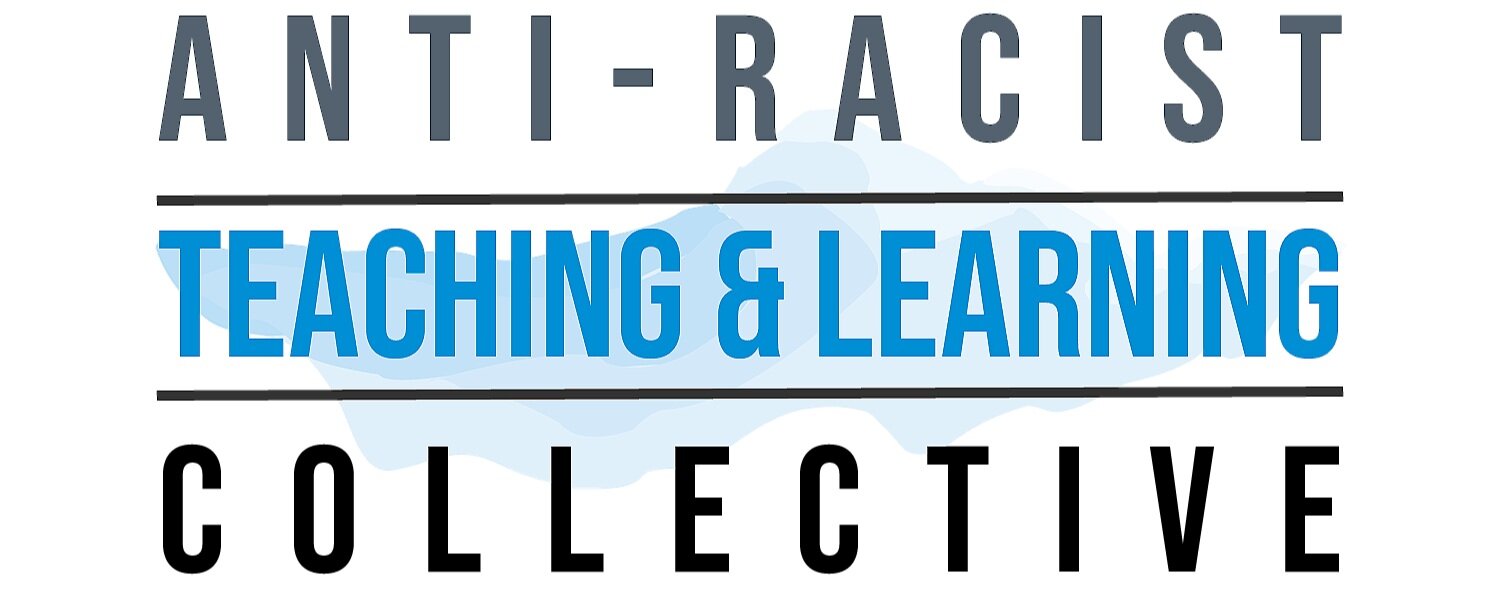New Haven Teach-In Challenges the Attack on African American Studies
On an ice cold Friday afternoon, more than 200 people gathered in person for a teach-in to discuss the recent attack on the new AP African American Studies curriculum. Hundreds more joined online. The recording is available below and here.
Kimberlé Crenshaw and Roderick Ferguson, two of the scholars singled out in the attack on the curriculum by the Florida Department of Education, joined the panel, along with historian David Blight and philosopher Jason Stanley.
They began by discussing the complicity of the national the media in the effort to attack the course, failing to contextualize the attacks on Black Studies as part of a larger project to undermine democracy.
In response, Ferguson said, people need to build coalitions and engage in collective, direct action.
“The stuff that they don’t want you to read, imagine that as a list of recommendations,” he added.
Until such action happens, the panelists all agreed that those attacking critical race theory will only continue to grow louder, as well as expand their efforts to education as a whole.
“History tells us they come after the next group, once they’re done with the critical race theorists,” Crenshaw said. “When someone’s coming to burn down your house, for you to say I’m not going to throw water on it because that would be political that’s just suicide. For you not to defend it is to basically give them the keys to the house. If we allow them to tell us what to read, what to teach, they’re telling us who we can be.”
The session was sponsored by the Anti-Racist Teaching and Learning Collective, the Yale Faculty Senate, the African American Policy Forum, and Education Studies at Yale. Daniel Martinez HoSang moderated the event.
A follow up event with Rod Ferguson, Kimberle Crenshaw, AFT President Randi Weingarten, and Professor Paul Ortiz, was held on February 8 at Columbia University. Titled, “Whitewashing Black Studies: The Fight For African American Studies in the Era of Racial Backlash” is was co-sponsored by the ARTLC and the African American Policy Forum, and drew more than 1,000 viewers online.
